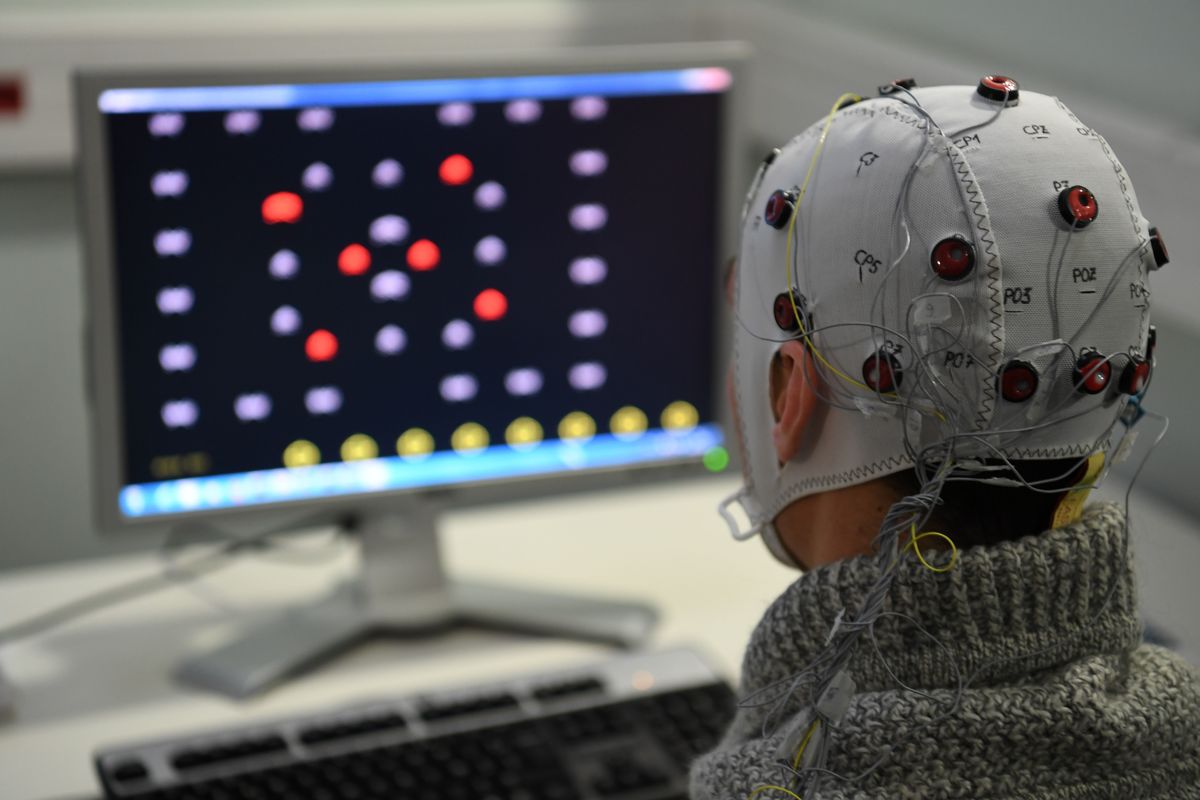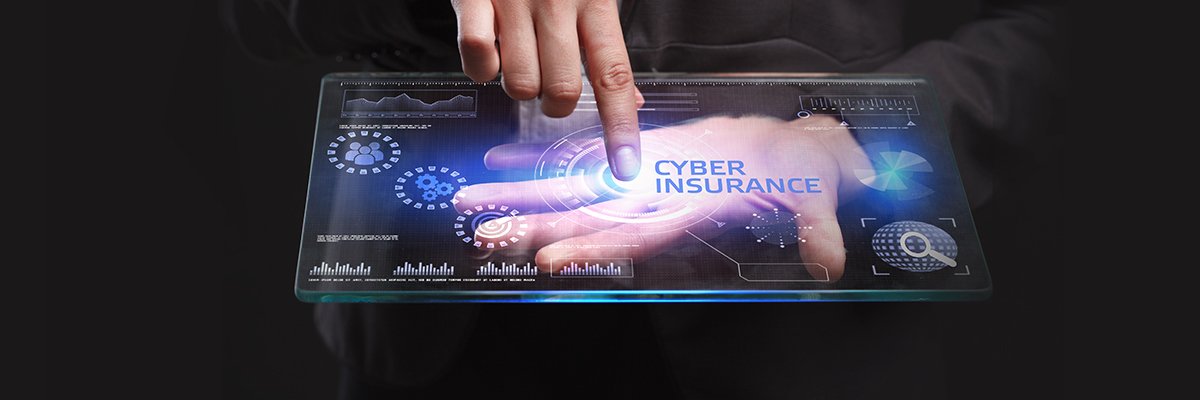Businesses are at risk of finding that they are unable to secure cyber insurance cover as the volume of cyber attacks reaches new levels.
Companies are increasingly being required to put in place higher levels of cyber protection for their systems before they will be considered for cyber insurance.
According to insurers, the cost of cyber risks insurance has rocketed as demand for cover outstrips supply.
Their comments came as the World Economic Forum (WEF) published its Global risk report 2023, which identifies widespread cyber attacks and cyber insecurity as one of the top 10 risks facing governments and organisations over the next 10 years.
Carolina Klint, risk management leader for continental Europe for insurance broker Marsh, and one of the contributors to the report said that insurance companies were now coming out and saying that “cyber risk is systemic and uninsurable”.
That means, in future, companies may not be able to find cover for risks such as ransomware, malware or hacking attacks.
“It’s up to the insurance industry and to the capital markets whether or not they find the risk palatable,” she said in an interview with Computer Weekly, “but that is the direction it is moving in.”
In recent days, cyber attacks have disrupted the international delivery services of the Royal Mail and infected IT systems at the Guardian newspaper with ransomware.
The Global risks report rates cyber warfare and economic conflict as more serious threats to stability than the risks of military confrontation.
“There is a real risk that cyber attacks may be targeted at critical infrastructure, health care and public institutions,” said Klint. “And that would have dramatic ramifications in terms of stability.”
Risk of Russia stepping up cyber attacks
Russia’s cyber attacks against the Ukraine could, depending on how the war goes, lead to more generalised attacks against inadequately protected IT systems in the West.
“I do think with Russia’s attacks, depending on the level of frustration and the success or failure of the war, we might be looking at broader spray attacks, which are going to be less targeted, which means that more companies or…




